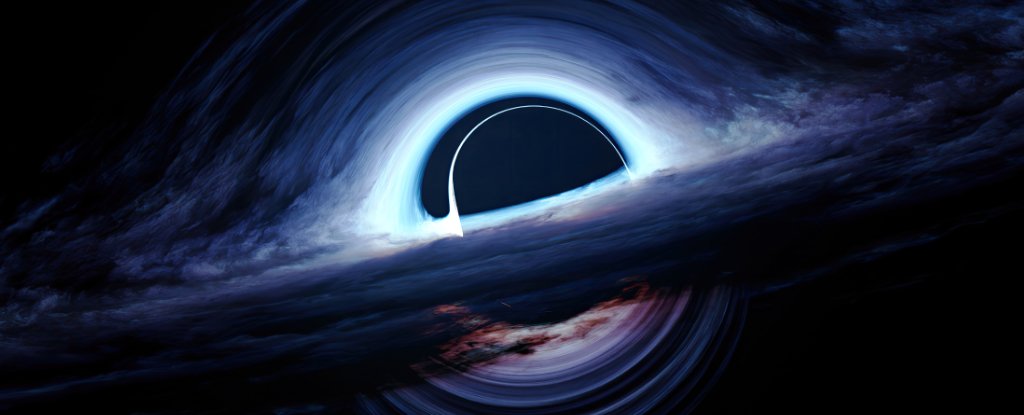
Supermassive black holes are some of the most impressive objects in the universe - with masses around one billion times more than that of the Sun.
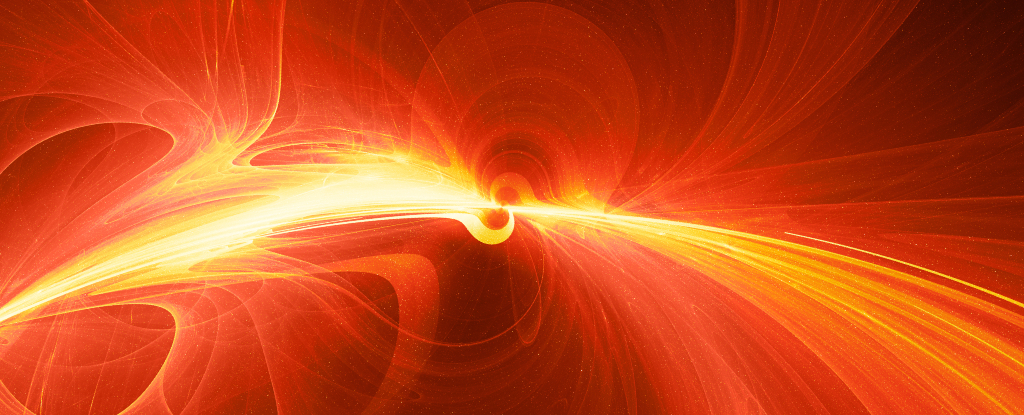
Although our Universe may seem stable, having existed for a whopping 13.7 billion years, several experiments suggest that it is at risk - walking on the edge of a very dangerous cliff.
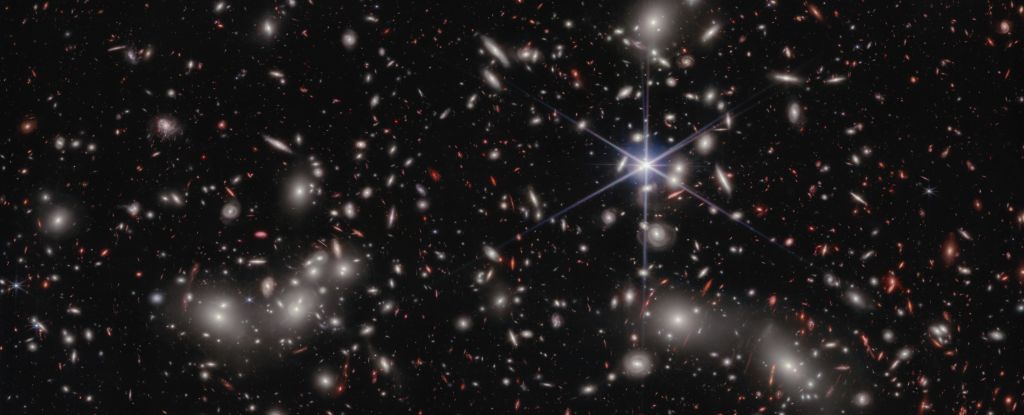
According to data from the Hubble and James Webb Space Telescopes, the origins of the free-flying photons in the early cosmic dawn were small dwarf galaxies that flared to life, clearing the fog of murky hydrogen that filled intergalactic space.
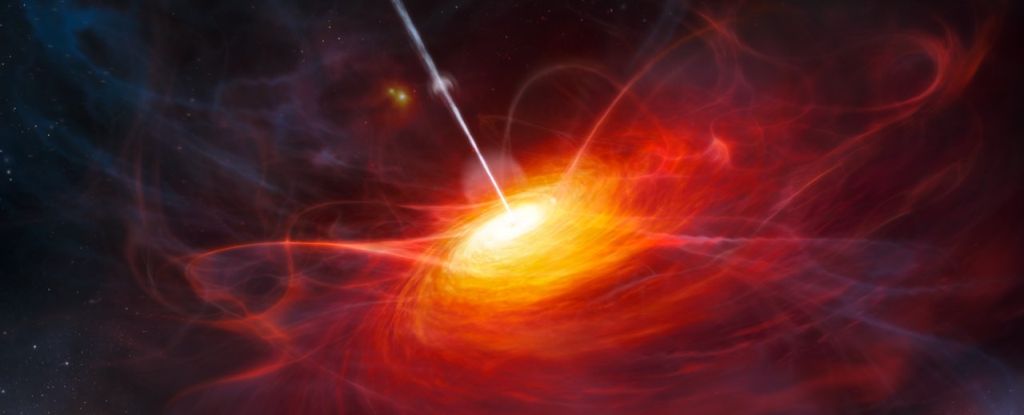
A black hole discovered lurking in the Cosmic Dawn is just way too big to easily explain.
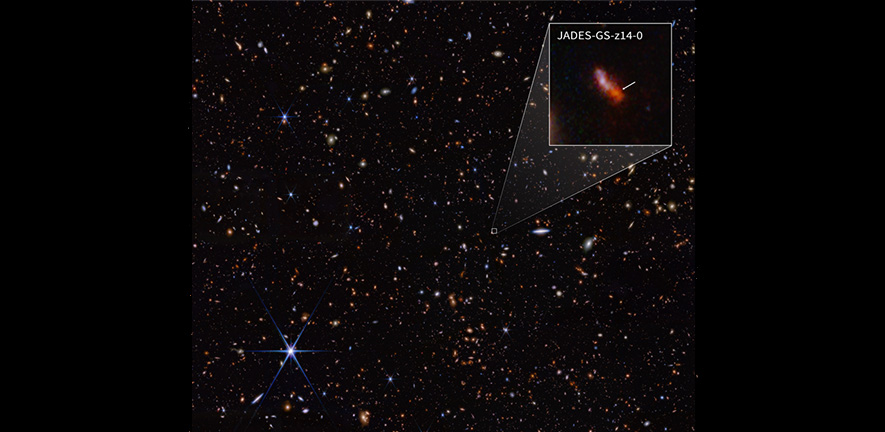
The two earliest and most distant galaxies yet confirmed, dating back to only 300 million years after the Big Bang, have been discovered using NASA's James Webb Space Telescope.
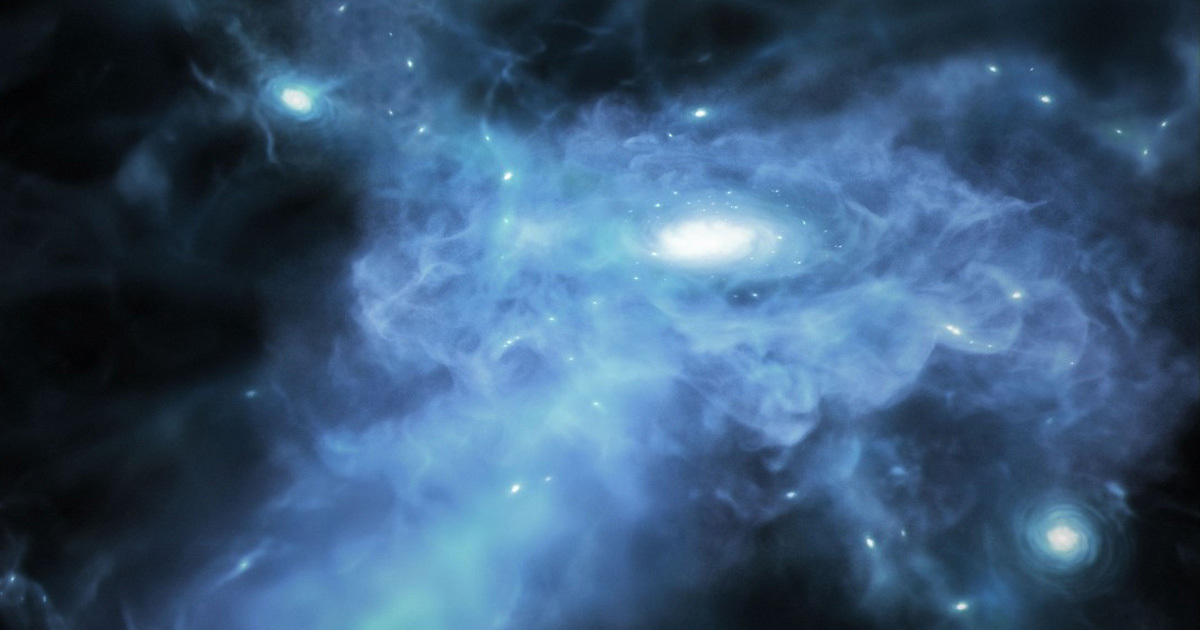
Using the James Webb Space Telescope, researchers observed the birth of some of the youngest galaxies ever witnessed.

A recent study has discovered a novel method for detecting the first-generations stars, known as Population III (Pop III) stars, which have never been directly detected.

According to data from the Hubble and James Webb Space Telescopes, the origins of the free-flying photons in the early cosmic dawn were small dwarf galaxies that flared to life, clearing the fog of murky hydrogen that filled intergalactic space.

NASA's new space telescope spotted a 13 billion-year-old galaxy that is much too complex to exist that early in the Universe.

The gigantic galaxies we see in the Universe today, including our own Milky Way galaxy, started out far smaller.

The beginning of the Universe has always been something of a chicken-and-egg problem. Did stars and galaxies form first, with black holes slowly coalescing in their midst? Or did black holes appear before the first galaxies?

An international team of astronomers has detected for the first time H-alpha emission in individual galaxies during the so-called Epoch of Reionization, or cosmic dawn.

Astronomers using the James Webb Space Telescope (JWST) have detected the earliest known black hole. Located more than 13 billion light-years away, it dates to a mere 400 million years after the Big Bang.

Discovered in 2013 as the source of rampant star formation just 880 million years after the Big Bang, a 'galaxy' named HFLS3 is not a galaxy at all. HFLS3 is actually six galaxies undergoing an epic, giant collision at the dawn of time.

Astrophysicists working with the James Webb Space Telescope (JWST) have found a surprising amount of metal in a galaxy only 350 million years after the Big Bang.